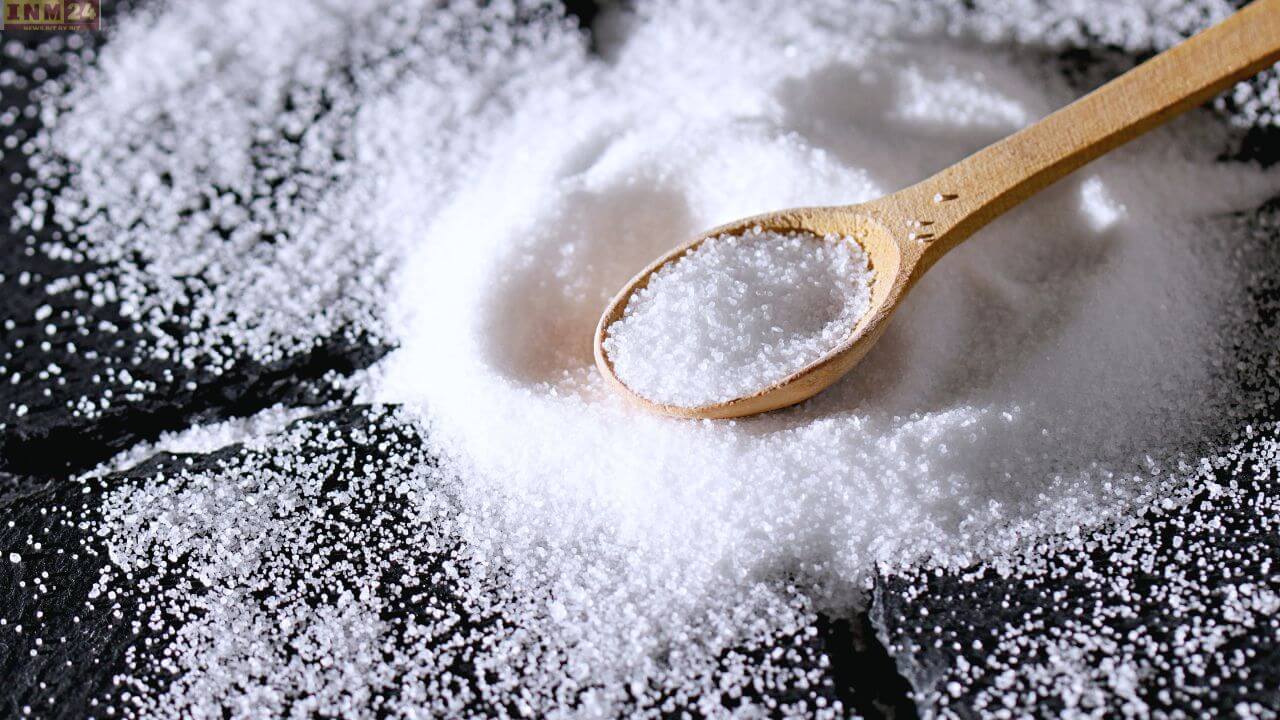Salt is a fundamental ingredient in our daily diet, enhancing the flavor of our meals and playing a crucial role in various bodily functions. However, not all salt available in the market is pure and unadulterated. Adulteration in salt poses a significant threat to public health, as consumers unknowingly consume contaminated salt, putting their well-being at risk. In this article, we will explore the methods to identify adulteration in salt and the potential health hazards associated with consuming adulterated salt.
Health Implications of Consuming Adulterated Salt
- Liver Damage: Consumption of adulterated salt may lead to severe liver diseases.
- Digestive Disorders: Adulterated salt can adversely affect the digestive system, causing digestive issues.
- Abdominal Swelling and Pain: Adulterated salt consumption may result in abdominal swelling and discomfort.
- Gas Troubles: People consuming adulterated salt may experience increased gas-related problems.
- Brain and Kidney Damage: Excessive intake of adulterated salt can harm the brain and kidneys.
- Kidney Stones: Adulterated salt consumption may contribute to the formation of kidney stones.
- Arthritis: The consumption of adulterated salt may exacerbate arthritis-related symptoms.
Identifying Real vs. Fake Salt
To determine whether your salt is adulterated, you can perform a simple test at home:
Salt-Water Test: Take a bowl of water and add 1-2 teaspoons of salt to it. Then, immerse a cotton ball or cotton pad into the saltwater solution and leave it for 5 minutes. If the salt is adulterated, the color of the cotton will start fading.
While sodium is essential for our health, excessive consumption of adulterated salt can lead to various health problems. Therefore, it is crucial to use salt in moderation and ensure its authenticity. According to the World Health Organization (WHO), consuming 5 grams of salt per day is considered normal for health, and consuming less or more than this amount can be detrimental to your health. By being vigilant and testing the purity of salt, we can safeguard our health and well-being from the harmful effects of adulterated salt.
